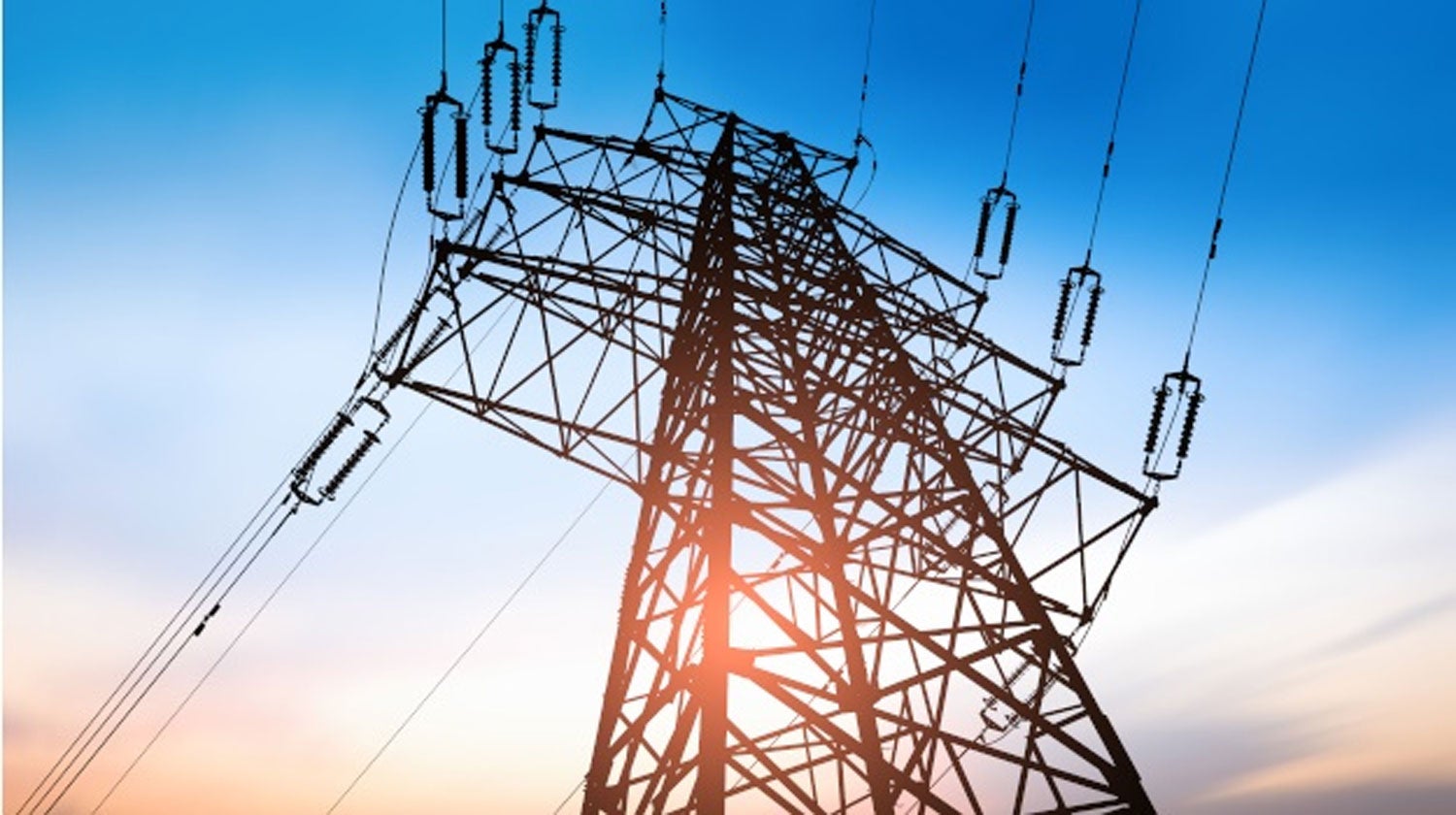Last week Monday, the National Assembly torpedoed plans by power sector leaders to increase the cost of electricity supply in the country by as much as 50 percent.
Reason prevailed and the ding-dong over increase in electricity tariffs was shifted to the first quarter of 2021.
The root of the tariff increase is the electricity Generation Companies (GenCos) who have threatened to declare a force majeure and down tools because of the failure to commence new service tariff plan billed to start July 1.
For the GenCos, they are owed considerable amounts of money and would drag the federal government to a UK arbitration court over the debt unless the increase is effected.
The service reflective tariff divides customers into five bands.
Band A is for customers who get 20 hours of power and above daily, Band B has customers who get power for 16 hours daily, C-band has customers who enjoy power for 12 hours and above a day.
Those that enjoy power for 8 hours and above are D-band and E-band has customers who only get 4 hours and above but below 8 hours of power supply daily.
Under the plan, there will be no increase for customers in Band E and those called lifeline customers, irrespective of how much power they get every day.
GenCos complained they were in dire financial straits over poor remittances by DisCos and GenCos are compelled to bill for only power requested by the DisCos rather than how much power they can generate (capacity).
They complain that while current generation capacity stands at 8,145MW, DisCos continue to demand between only 3,000MW and 3,500MW of power daily thereby constraining over 4000mw, the so-called stranded power, which is unpaid for.
The Nigerian government, citing declining oil revenue, says it can no longer afford subsidies on electricity, claiming that within the past five years, it has spent over N1.75trillion on subsidies.
Abolishing these subsidies was a condition upon which the World Bank provided $750million financing to repay loans to the Central Bank towards the power sector.
Last year, NERC moved to fully implement a Multi-Year Tariff Order (MYTO) designed in 2015 and the Minimum Remittance Order for the Year 2019, the tariff system, which, if implemented periodically as designed, would have addressed the accumulated increase and reduce impact of the proposed tariff hike on consumers.
Defying the outcome of public hearing on the proposed increase, NERC announced that implementation of the MYTO would take effect on April 1 this year.
It later deferred the implementation to July 1, following the outbreak of coronavirus.
The National Assembly leaders, at the last week’s meeting, were emphatic that the timing of the planned hike was wrong, even though they had no objection to cost-reflective tariffs to attract the much-needed investments.
In the course of the meeting, the DisCos also admitted that they were not well prepared for the planned hike in tariffs, even though they desired the increase.
The meeting therefore, agreed to defer the planned hike until the first quarter of next year, while the leadership of the National Assembly promised to meet with President Muhammadu Buhari on the matter.
Senate President Ahmed Lawan, after a meeting with Vice President Yemi Osinbajo, stated that “it is not the right time to increase the tariffs on electricity.
Nigerians have a lot of challenges to bear because of COVID-19 pandemic, and the situation requires that we should do everything possible to make life easy for our citizens.”
This is the point. Nothing should add more suffering to the already overburdened citizens. Otherwise, this would be prescribing death for survival.
Any discussion of electricity tariff increase is ill-conceived, insensitive and seemingly desperate.
The federal government and the stakeholders in the power sector should concentrate on how to deliver uninterrupted supply of electricity and for all consumers to have proper and honest metering.
Then, the talk of tariff increase can then be discussed.

 Join Daily Trust WhatsApp Community For Quick Access To News and Happenings Around You.
Join Daily Trust WhatsApp Community For Quick Access To News and Happenings Around You.


